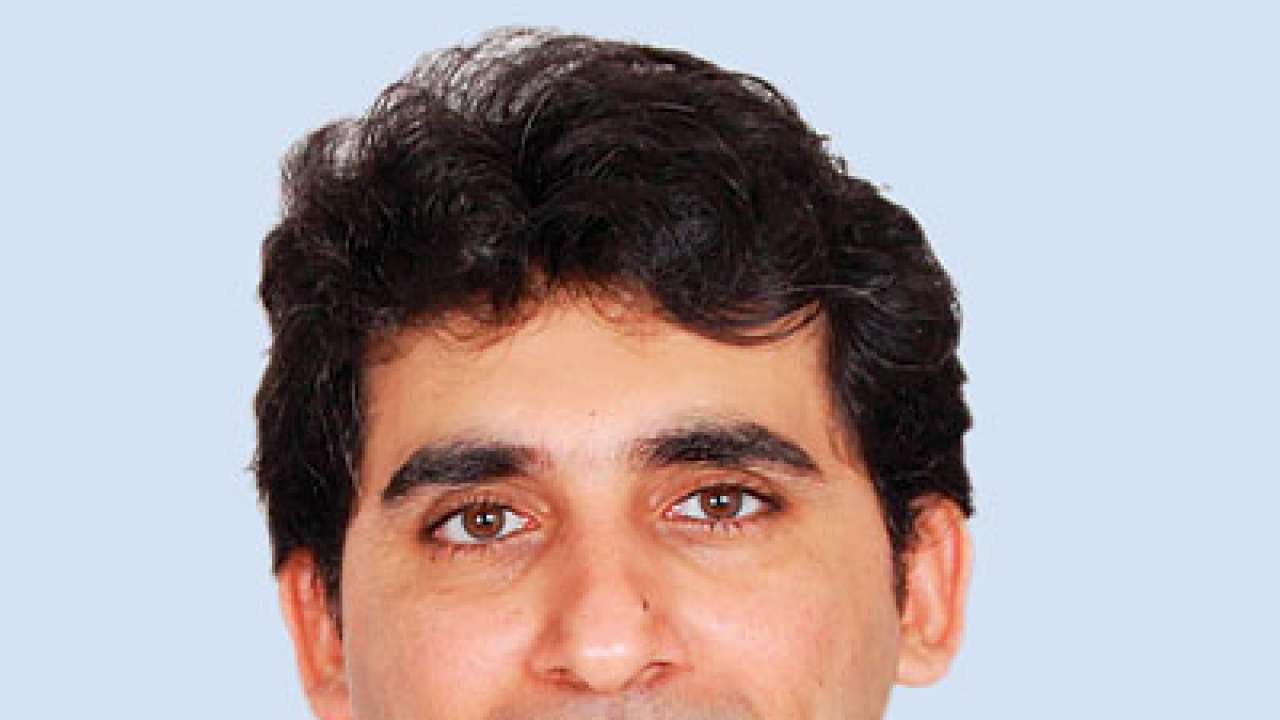
India’s foremost opening batsmen, Sunil Gavaskar, when asked about why he was able to succeed consistently on tricky wickets, once famously said: the first hour belongs to the bowlers. If negotiated safely, the next five hours will belong to the batsman.
What he meant, of course, was for a batsman to eschew early risks, consolidate his innings, and then step up the pace as the ball loses shine and the bowlers tire.
I would argue that this analogy is applicable to evaluate the new government’s first 100 days in office. To start with, it was important to avoid early mistakes. It would have been tempting to relax the fiscal stance in the first budget to boost growth. But, by boosting aggregate demand, this would have pressured inflation and the current account deficit, and spooked foreign investors and ratings agencies who would have questioned the government’s commitment to fiscal consolidation. In other words, head-earned gains on macro stability may have been squandered. To its credit, the new government resisted this temptation and doubled-down on fiscal consolidation.
Similarly, some feared the new government would push hard for lower interest rates, implicitly signalling an acceptance to live with higher inflation. Again, the new government has publicly resisted this pressure. Instead, in a pleasant surprise, the budget speech supported a formal, modern monetary policy framework – which can be interpreted as support for the central bank’s approach.
The above actions may not be tantamount to “big-bang reform” but they reveal a maturity and sobriety about how actions needs to be sequenced (i.e. first macro stability then growth) that bodes well for the future.
At the 100-day mark, some are disappointed that we haven’t seen any big-bang actions. But, in my view, this was always an unrealistic expectation. First, reforms always involve winners and losers. Typically, gains are dispersed while losses are concentrated. Understandably therefore, those that stand to lose are always better organised to oppose reform. Given this, reform is typically a sustained effort at building consensus and breaking down these coalitions, either by moving slowly (e.g. diesel prices) or sequencing them appropriately so that adjustment costs are palatable. Second, most of what needs to be done (tax reforms, labour reform, fighting food inflation) involves getting states on board, including non-NDA states, which is not trivial matter. Third, even measures that need just parliamentary approval (FDI in insurance) need majorities in the Rajya Sabha – which the NDA lacks. For all these reasons, expect a gradualist approach.
So the government has moved slowly, but surely, on various fronts: putting its weight behind FDI in insurance, defence, and railways, sending a signal that labour laws would need to be reformed, announcing that land acquisition and GST will be priorities in the coming months, increasing minimum support price by only 2%, and pushing hard for financial inclusion that, hopefully, will be used to move to cash transfers.
Much more needs to be done, but early mistakes have been avoided and the intent is encouraging. In the words of the Gavaskar analogy: the first hour has been safely negotiated. Now the hope is the pace will slowly be stepped up.
The writer is chief India economist at JP Morgan